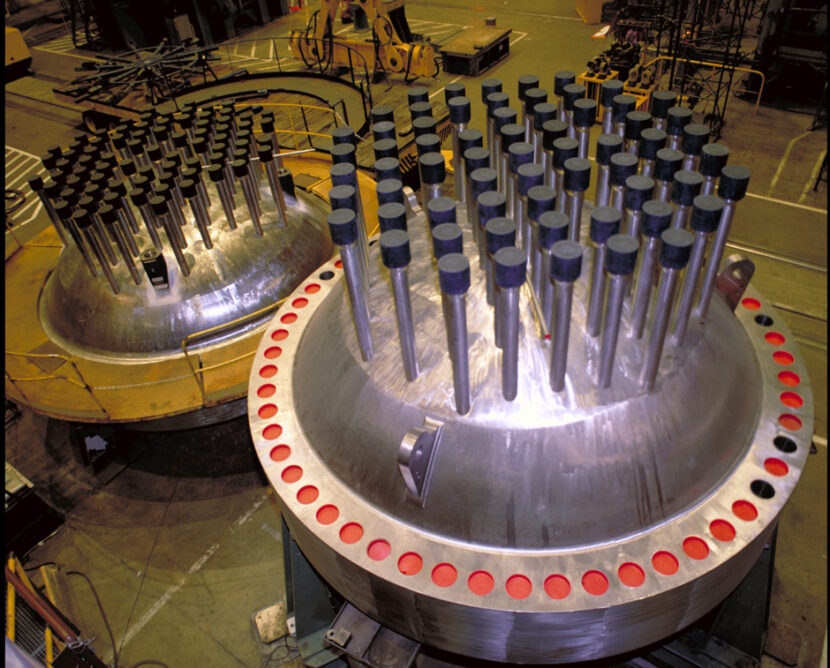U.S. Pulls Out of Iran Nuclear Deal
Last Tuesday, in his most recent controversial international move, President Trump withdrew the United States from the Iran nuclear accord. Here, Election Central takes a look at what the accord is, and what withdrawing from the deal means for the U.S. and the rest of the world.
Related Link: Read what the Trump Administration said when withdrawing from the deal with Iran.
So What Is It?
The Iran nuclear accord–otherwise known as the Joint Comprehensive Plan of Action, or JCPOA–includes seven nations and was passed in 2015 under President Barack Obama: his signature foreign policy achievement. In short, it removed strict economic sanctions against Iran in return for Iran shutting down its nuclear arms development program.
Last week, in addition to announcing that he is pulling the U.S. out of the deal and reinstating old economic sanctions against Iran, President Trump also announced that he is considering adding new sanctions as well. The U.S. will also impose penalties against companies that continue to do business with Iran, even when those companies are based in countries which are our allies.
Related Link: Review the btw story describing the details of President Obama’s nuclear weapon’s deal with Iran.
Related Link: Re-visit the You Decide story about the Iran Nuclear Deal.
Trump argues that the U.S. has allowed Iran to get away with too much for too long, and that the time has come to take a hard line–especially as he prepares to meet with the North Korean leader, Kim Jong-un, to discuss their nuclear program. Others, however, worry that Trump’s plan will backfire. Critics worry that the spread of nuclear weapons will increase the chances for devastating war in the Middle East, and that the United States pulling out of the agreement will lead to even greater anti-American sentiment in Iran.
What Are Our Leaders Saying About It?
Not surprisingly, many Republican leaders support pulling out of the deal, while many Democratic leaders do not. Republicans echo the president’s argument that the deal is deeply flawed, that Iran supports terrorism, and that it’s in the best security interests of the United States to end the deal. Democrats–including former President Barack Obama–argue that the deal is working to end the spread of nuclear weapons, that Iran is complying with the agreement, and that pulling out of it now will lead to greater instability in the Middle East and beyond.
What Are Other World Leaders Saying?
Leaders of the European Union and other European nations spoke out against the decision, asking Trump to reconsider and urging the U.S. to continue with the policies put forward in the accord even after officially withdrawing from it. They also re-emphasized the European commitment to the deal and asked Iran to be calm in its response.
Saudi Arabia and Israel, on the other hand, supported the president’s decision, saying that Iran supports terrorism and that the JCPOA deal was unacceptable.
Iran has announced that it will stay in the deal, with or without participation from the United States. The country’s leader, President Hassan Rouhani, also criticized Trump for his history of being unwilling to honor international treaties.



